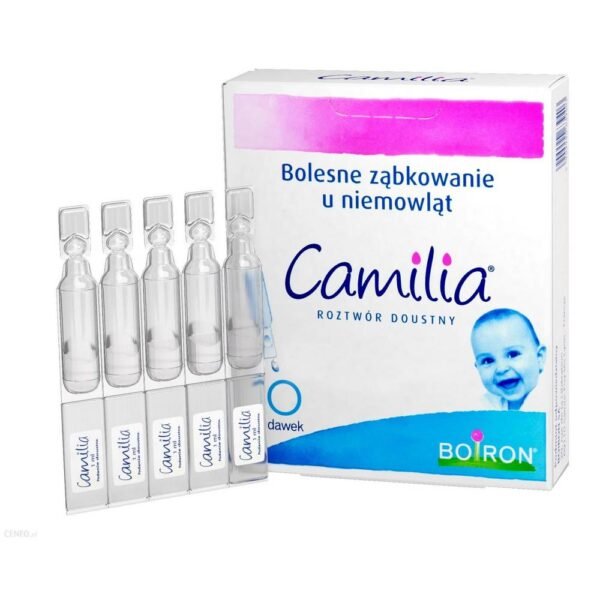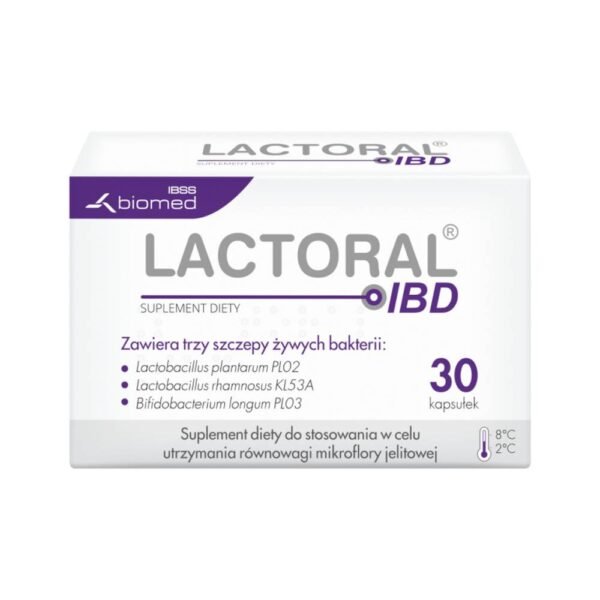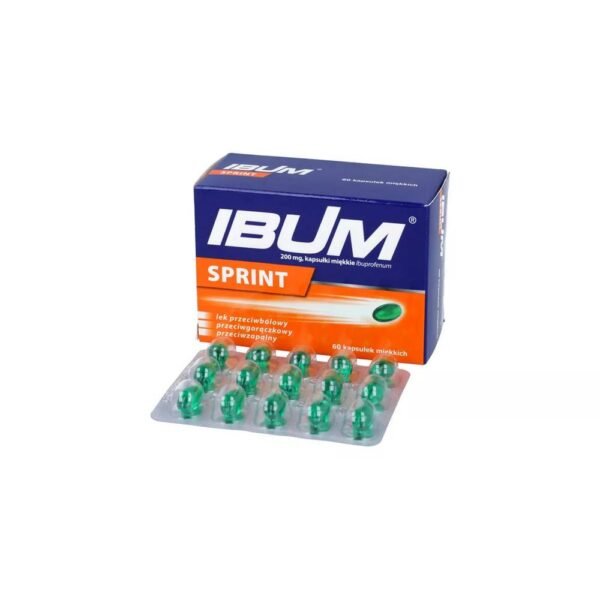“Composition
Active ingredient: Ibuprofen 200 mg
Excipients: Macrogol 600, potassium hydroxide, purified water, gelatin, partially anhydrous liquid sorbitol.
Directions
What is Buscofen used for? This medicine is used to relieve pain, which can have various origins. In particular, Buscofen soft capsules have an effect on:
menstrual cramps;
heart pain;
toothache;
neuralgia;
muscle pain;
bone and joint pain.
How long after taking the capsules does Buscofen start to work? The active ingredient of Buscofen is ibuprofen, which in this drug is contained in a liquid solution: thus, it is more easily absorbed by the body and acts faster on pain.
Dosage and administration
Buscofen soft capsules can be taken in the following dosage:
Adults and adolescents over 12 years of age can take 1-2 capsules 2-3 times a day. Buscofen capsules should be swallowed with water, without chewing. It is not recommended to take Buscofen on an empty stomach. Do not exceed 6 capsules per day. The drug should not be used for more than 7 days in adults and more than 3 days in adolescents.
If the medicine is intended for elderly people, they should adhere to the specified minimum doses.
Contraindications
The following are conditions in which Buscofen should not be used:
Hypersensitivity to the active substance or any of the excipients.
Individuals with hypersensitivity to acetylsalicylic acid or other analgesics, antipyretics, nonsteroidal anti-inflammatory drugs (NSAIDs), especially when hypersensitivity is associated with nasal polyposis, angioedema and/or asthma.
Severe liver failure.
Severe renal failure (glomerular filtration rate less than 30 ml/min).
Severe heart failure (NYHA class IV).
Patients with blood dyscrasias of unknown origin, porphyria, hypertension, severe uncontrolled coronary insufficiency.
Severe or active peptic ulcer disease.
History of gastrointestinal bleeding or perforation related to previous active therapy, or history of recurrent gastric ulcer/bleeding (two or more separate episodes of confirmed ulceration or bleeding).
Subjects with clinical conditions that determine an increased tendency to bleeding.
In combination with surgical interventions (including dental operations).
Subjects who have suffered significant fluid loss (due to vomiting, diarrhea or insufficient fluid intake).
In the third trimester of pregnancy.
Children under 12 years of age.”
















Reviews
There are no reviews yet.